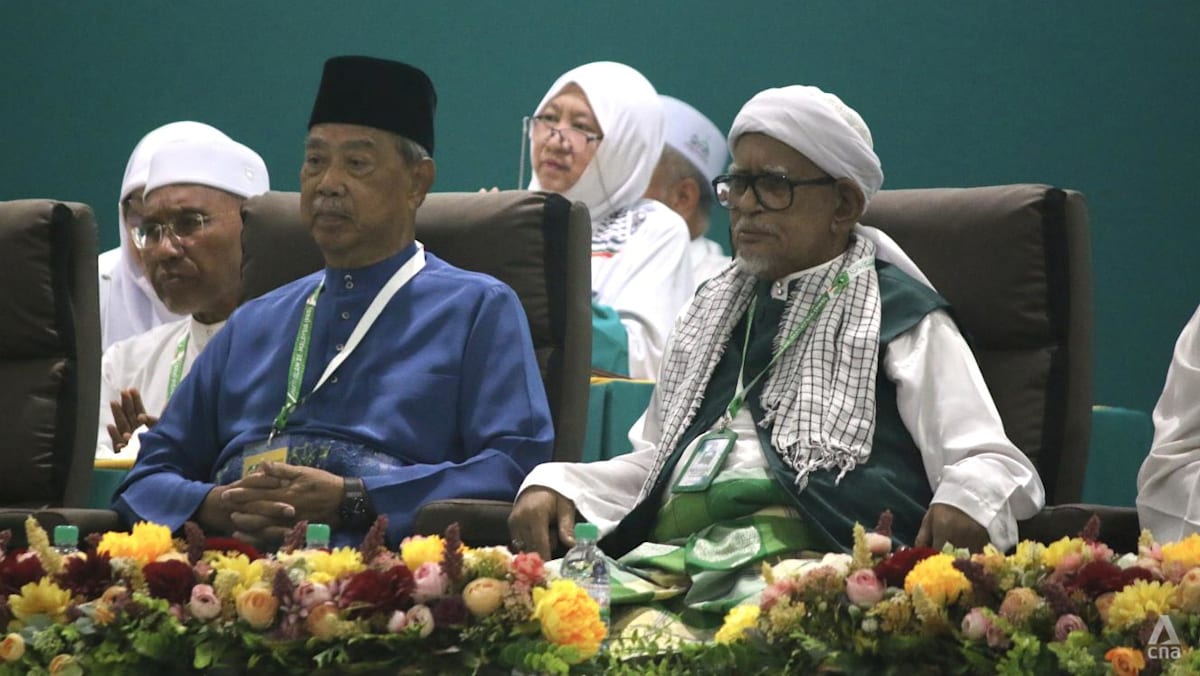Incentives, expectations and reality: Will China’s new push to boost birth rates deliver results?

In China’s case, experts warned that policies could ultimately face similar challenges seen in South Korea and Japan where economic incentives and social benefits have not been enough to reverse declining birth and fertility rates.
“What the Chinese government plans to do, the Japanese government has already done,” said Dr Yi. “China’s newly-introduced policies have been largely economic (in) trying to reduce the cost of childcare for families.”
“Japan’s approach has proved expensive and inefficient, only temporarily boosting fertility rates.”
Dr Gietel-Basten cited South Korea’s ongoing fertility struggles and warned against adopting a purely “pronatalist” approach, referring to policies designed with the purpose of increasing the birth rate.
“What has happened to the fertility rate in Korea? It just keeps going down and down and down,” he said, noting that, despite policy investments, the root issues often remain unaddressed.
“I think we have to listen to the concerns of young people and bring them into the decision making system.”
WHAT ELSE CAN CHINA DO?
In an official announcement released on Oct 19, China’s State Council unveiled a series of family planning policies which included more than a dozen measures such as maternity insurance, expanded childcare and tax deductions for families.
Some local governments have even gone further with targeted incentives. In the city of Luliang located in the western Shanxi province, financial rewards of up to 1,500-yuan would be awarded to newlywed couples registering their first marriage, if the bride is younger than 35.
Marriage registrations have also been simplified and even glamorised, with attractive venues and settings in picturesque parks, beaches and historic landmarks set aside for the occasion, to provide a better experience for lovebirds.
But despite these efforts and policies, many Chinese women still remain sceptical about switching life priorities.
Ms Ya Nan, a working and married 29-year-old from Hangzhou, has grown increasingly frustrated with societal expectations. “To me, marriage is simply marriage and it’s for love. It might not have anything to do with having children,” she told CNA.
“If I want to have kids, I will. If I don’t, I won’t. I don’t pay attention to policies, only to what I truly feel,” she said. “Just because I now have the legal right to bear children doesn’t mean that’s my purpose.”
“Can’t I wait until I genuinely want a baby before bringing one into this world, instead of reluctantly doing it because of social pressure?”
Working for a foreign company, she also highlighted shortfalls and inadequacies that many women in her city faced with the system. “Currently, maternity benefits aren’t even given directly to us (mothers), they go to the company,” Ms Ya said.
“In Zhejiang, we only get one payment: either the maternity benefit or six months’ salary—whichever is higher, paid by the company,” she said.
“Compared to our colleagues in Dalian and Shanghai, we end up receiving about 100,000 yuan less.”
Source: CNA















